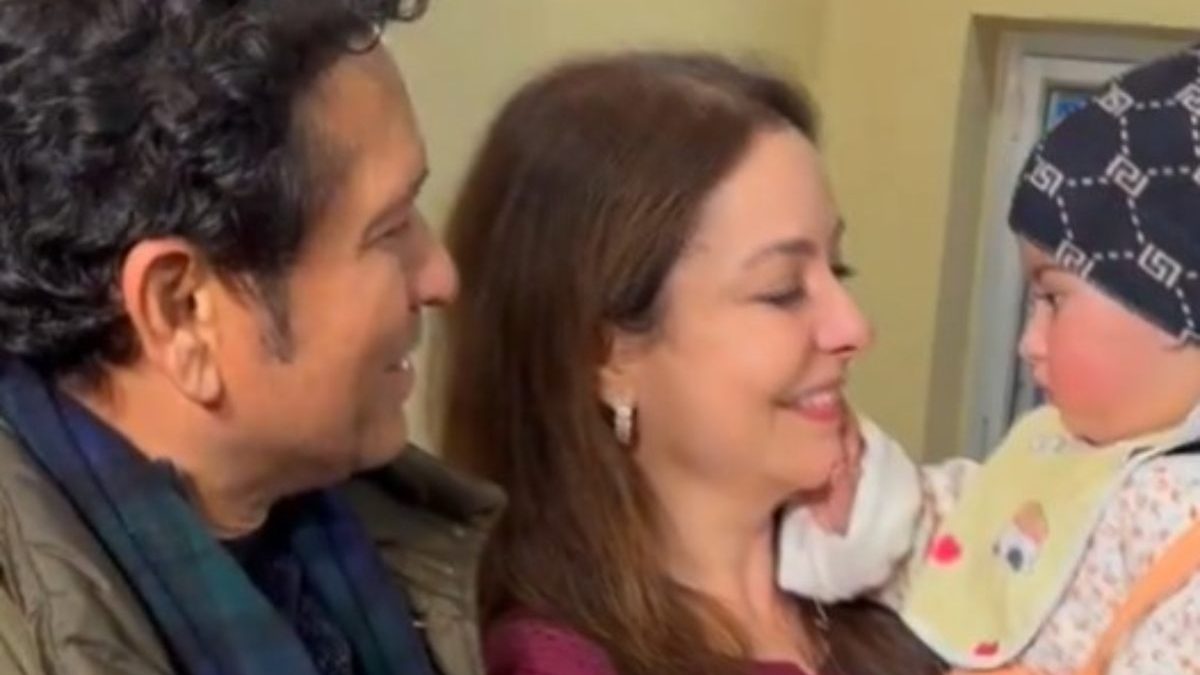Three days before Eid-al-Adha, Parvaiz Ahmad Sofi, a professor and his wife, Salma, a medical doctor, would begin preparations for Eid well before a week. The couple would go on a shopping spree for the kids and home. Salma would also select new drapings and upholstery for the home, while Pervaiz would buy essentials and baked goods from the market nearby from the main town of Baramulla in north Kashmir.
But two unprecedented civilian killings and two-months of siege have killed all desires. This time, Parvaiz said, even the children are least excited about the festival. That is generally true of most Kashmir.
“My seven-year-old girl peeps out of window, looks at the concertina wires spread across the road, which connects Kanli Bagh with main town Baramulla, and says please don’t go outside the army will beat you baba,” Sofi, a professor in Sher-E-Kashmir University of Agricultural Sciences and Technology of Kashmir, tells Firstpost.
“Every year we used to cook at least nine different type of meet and invite friend and family over the meal on the second day of Eid. Chocolate cakes, different types of bakery and Swinya is favorite with children. But not this Eid,” Salma, Sofi’s wife told Firstpost.
Sofi’s two children have spent the last two months inside the four walls of their house, and even their parents talking about Eid couldn’t evoke the festive spirit in them. “We won’t buy toys on Eid, there is curfew outside,” Reyan, Sofi’s elder son, says.
For the first time in 26 years of the conflict in the valley separatists have called for protests and a hartal during the three-day Eid festival that begins on Tuesday, with authorities mulling to impose section 144 amid fears of wide spread protests. This has further dampened the festive atmosphere across the valley.
In Sonwar locality of Srinagar, Qurat Hameed, a lecturer in a local college, sits with her three children inside a semi-dark room, as the soldiers outside guard the streets with bamboo sticks and automatic rifles slinging their shoulders.
“Eid means happiness but where is that happiness now?” Qurat asks, “how can we celebrate Eid when eighty people have been killed, mothers are applying henna on the bare hands of their unmarred dead sons and women are being forced to become pallbearers,” Qurat, a postgraduate in Economics from Delhi University, told Firstpost.
“My children are used to new clothes, toys and pastries on this day but I had to tell them that on this Eid, we won’t be having anything of that sort. It is strange, even they don’t seem affected by not having these things,” she adds.
Qurat says that it is suffocating to even think that “you would celebrate the festival and there would be thousands of others who have not worked for two months and their children would have no new clothes to wear and nothing to eat.”
Separatists have asked people to march to the United Nations Military Observers Group in India and Pakistan, on Tuesday few meters away from Qurat’s house. The state government is also likely to shut mobile phone services and switch off broadband Internet connections.
People in Kashmir valley, like other places, prefer to offer Eid prayers at Idgahs or big mosques where tens of thousands of people turn up. These huge gatherings could turn into mass protests, like the 2010 unrest when thousands of people marched towards Lal Chowk and set ablaze two government buildings.
“At least people in other towns can come out of their houses but we won’t be that lucky,” Abdul Rashid Gilkar, a resident of KP Road in Anantnag, said.
Gilkar said that nothing mirrors the festive atmosphere which used to be prevalent days before Eid and with situation turning from bad to worse in south Kashmir, there is every possibility that people might not even be allowed to venture out of their houses on Eid.
“Every year we would used to perform qurbani — sacrificing an animal, mostly sheep on this day. The thought came to mind many times but I decided against it. Even if we perform qurbani one has to distribute the meat among neighbours and relatives, who will do it during a curfew?” Gilkar, asked.


)




)
)
)
)
)
)
)
)